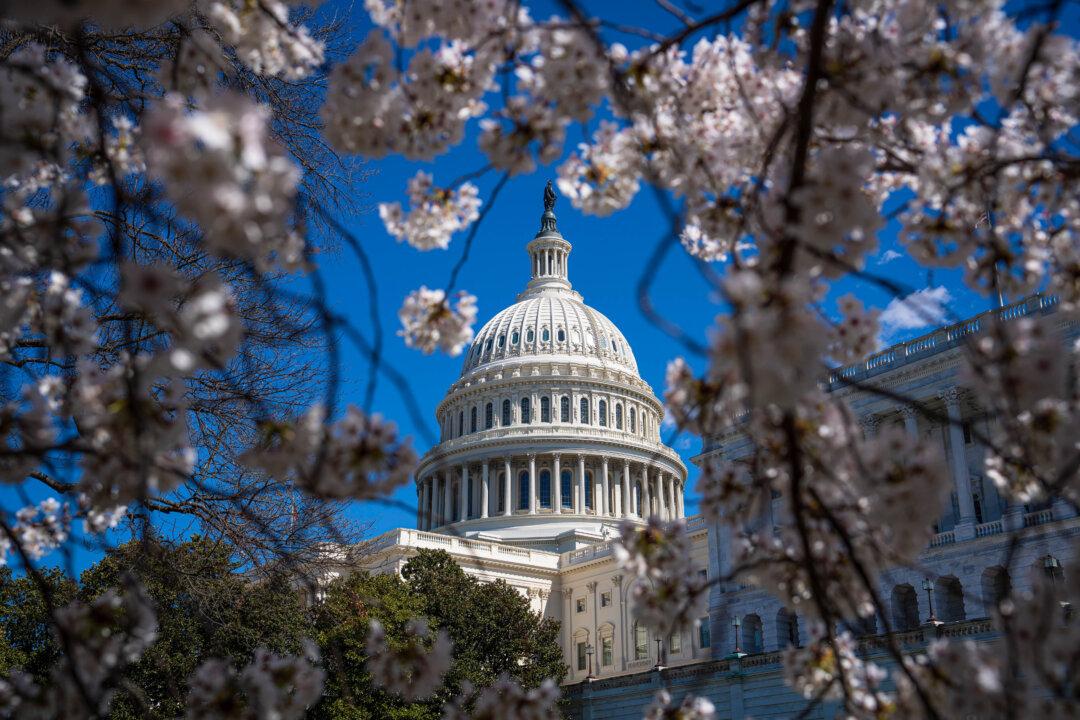The controversial spying powers embedded in Section 702 of the Foreign Intelligence Surveillance Act (FISA) will take center stage on Capitol Hill next week as the House tries for a third time to reauthorize the program.
The House Rules Committee announced on April 5 that upon members’ return from their two-week recess, the panel will begin marking up a bill to reform and renew the tool before its authorization expires on April 19.





